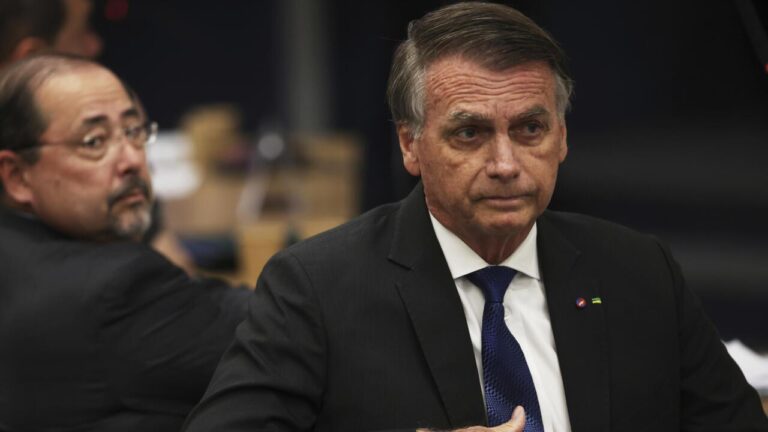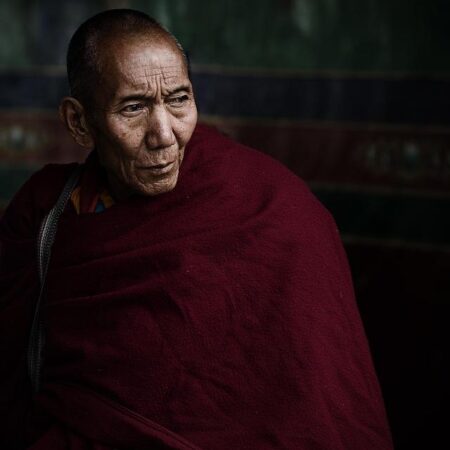The trial of former Brazilian President Jair Bolsonaro at the country’s Supreme Court is approaching a critical verdict, as the judiciary weighs allegations related to his conduct while in office. The proceedings, closely watched both domestically and internationally, could have significant implications for Brazil’s political landscape. Reuters reports that the court’s decision is expected soon, marking a pivotal moment in the ongoing accountability measures against the controversial leader.
Bolsonaro Trial Reaches Critical Stage at Brazil’s Supreme Court
The ongoing trial of former Brazilian President Jair Bolsonaro has reached a pivotal moment as the Supreme Federal Court intensifies deliberations. After months of detailed presentations from prosecutors and defense teams, the court is now focused on evaluating evidence related to allegations of electoral fraud and misuse of public office. The trial has captured national attention, with political analysts emphasizing the broader implications for Brazil’s democratic institutions and the upcoming electoral cycle.
Key issues under scrutiny include:
- The alleged coordination of disinformation campaigns during the 2022 elections
- Possible interference with the impartiality of the Electoral Justice system
- Use of government resources for political propaganda
- Connections between Bolsonaro’s inner circle and unauthorized data operations
| Aspect | Allegation | Potential Consequence |
|---|---|---|
| Disinformation | Spreading false election claims | Criminal sanctions, political ban |
| Abuse of Power | Misuse of government funds | Fines, imprisonment |
| Judicial Interference | Attempts to influence judges | Legal censure |
Key Legal Arguments and Evidence Shaping the Verdict Outcome
The trial’s outcome hinges on a series of pivotal legal arguments that both the prosecution and defense presented over weeks of intense scrutiny. Central to the prosecution’s case was the assertion that former President Bolsonaro intentionally undermined democratic institutions by allegedly spreading misinformation about the electoral system’s integrity. Prosecutors underscored digital evidence, including social media posts and private messages, to build a narrative of coordinated efforts aimed at destabilizing the upcoming elections. Highlighted were claims of attempted interference with electronic voting machines and coordinated campaigns to question electoral legitimacy across multiple platforms. These points were supplemented by expert testimonies on the potential impact of such actions on public trust in Brazil’s democracy.
Conversely, the defense team sought to dismantle the allegations by emphasizing the lack of direct proof linking Bolsonaro to illicit activities. They argued that the former president’s statements fell within his constitutional rights to freedom of expression. The defense further challenged the reliability of digital evidence and questioned the credibility of certain witnesses, suggesting political bias influenced their testimonies. The courtroom exchanges revealed a contested battleground where legal interpretations of intent, freedom, and political speech were fiercely debated.
| Key Evidence | Prosecution’s Use | Defense’s Counterpoints |
|---|---|---|
| Social Media Posts | Indicate coordinated misinformation | Protected political speech |
| Private Messages | Show intent to disrupt elections | Context disputed, unverifiable |
| Expert Testimonies | Confirm risks to democratic processes | Questions about expert independence |
Implications for Brazilian Democracy and Recommendations for Judicial Transparency
As Brazil’s Supreme Court approaches a verdict in the highly publicized trial of former President Jair Bolsonaro, the case has spotlighted critical challenges within the nation’s democratic framework. The process has underscored the delicate balance between judicial independence and political accountability in a polarized environment. Public confidence in democratic institutions hinges increasingly on the court’s ability to conduct proceedings with utmost transparency and impartiality. While the judiciary strives to uphold the rule of law, concerns linger about potential influences that may threaten fair adjudication, reminding citizens and officials alike of the ongoing need for robust democratic safeguards.
To strengthen the credibility of Brazil’s judiciary and fortify democratic principles, several measures are essential. These include:
- Enhanced transparency during court proceedings by live-streaming sessions and publishing comprehensive documentation promptly;
- Clearer communication from judicial bodies to demystify legal processes and decisions for the broader public;
- Independent oversight mechanisms to monitor judicial conduct and prevent undue political interference;
- Civic education campaigns aimed at promoting understanding and engagement with democratic institutions among citizens.
| Recommendation | Expected Impact |
|---|---|
| Live Streaming of Proceedings | Increased Public Trust |
| Publishing Legal Documents Promptly | Enhanced Accountability |
| Judicial Oversight | Preservation of Independence |
| Civic Education Initiatives | Greater Democratic Engagement |
Concluding Remarks
As the trial of former President Jair Bolsonaro at Brazil’s Supreme Court approaches its verdict, the nation awaits a pivotal moment that could redefine its political landscape. With high stakes and intense public scrutiny, the decision is expected to resonate far beyond the courtroom, shaping Brazil’s democratic institutions and the future of accountability in its governance. Reuters will continue to provide comprehensive coverage as developments unfold.




